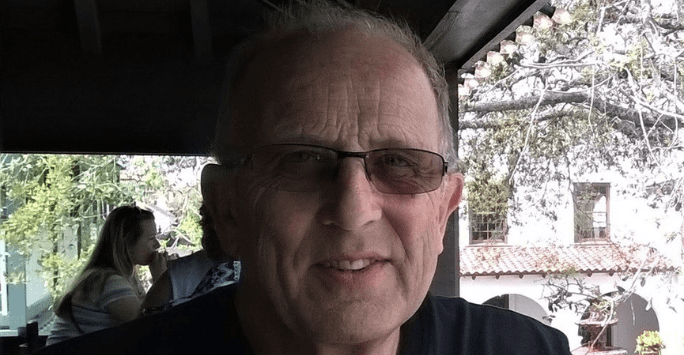
After graduating in 1972, Peter Kent completed vocational training, passed the MRCGP (Membership of the Royal College of General Practitioners) and set out as a GP, before moving on to different chapters through Aviation Medicine and the Prison Medical Service.
"I spent 10 years as a principal in a busy, working-class practice in Crewe. This was in the days when we did our own on-call duties. There were five of us looking after 15,000 patients, so you can imagine how busy we were. After 10 years I was in danger of burn out and decided to join the Royal Airforce.
I joined as a squadron leader and was soon given my own station medical centre to run, looking after dependents as well as service personnel. In due course I became a GP Trainer. The occupational medicine part of my job I found fascinating. I spent an enjoyable 6 months at RAF Farnborough learning Aviation Medicine.
Following this I was made a Flight Medical Officer and was given 20 hours of flying instruction on a Bulldog plane. I was Medical Officer for the Red Arrows Aerobatic Team for three years.
My best posting was to RAF Akrotiri in Cyprus for three years, where the medical centre also acted as the accident and emergency centre.
After 10 years, my next move was to join the Prison Medical Service. Initially I worked at a category B, local, male prison in Bristol. A high proportion of inmates were chronic drug misusers and I got interested in the management of these.
I completed a diploma in addictive behaviour at St Georges and took over the medical management of this challenging group of patients at Bristol.
We had a dedicated detox team and worked with the psychological programme the prison offered, as well as with the local drug and alcohol misuse clinic.
Mental illness was also overrepresented, and I spent a lot of time getting psychotic patients into medium secure mental institutions. I took on some work at the local female prison, where many of the inmates were highly damaged and vulnerable.
Toward the end of my time with the prison service I became the Medical Lead for Avon, Gloucester and West Wiltshire prisons. At this time, there were plans to pass this work over to GP practices and I decided to take advantage of a return to GP programme that involved spending six months as a GP trainee.
We successfully recruited an excellent GP practice to take over the women's prison and I left the prison service to join that practice, which allowed me to continue to spend time at the prison.
My next adventure, in semi-retirement, was to move to London and do locum work, with which I worked for the army in Germany, did GP locums on the Orkney Islands and in 3 different rural practices in New Zealand.
During my career I have learnt not to be afraid of change.
The most important piece of advice I would have for today’s student doctors would be to think of your family and work / life balance, and to keep an open mind.”
Discover more
- Explore career options including General Practice and medicine with the Armed Forces in the medical specialty videos available through the Careers Support section of the student intranet (link).
- Interested in primary care? Why not join Liverpool GP Society via Liverpool Guild of Students (link)?
- Are you one of our School alumni and have a story to share? Or do you know someone you would like us to spotlight? Drop us a line at mednews@liverpool.ac.uk.
- Get insights and advice from School Alumni as they reminisce on their days at Liverpool and the careers they went on to create on our Alumni Stories webpage (link).